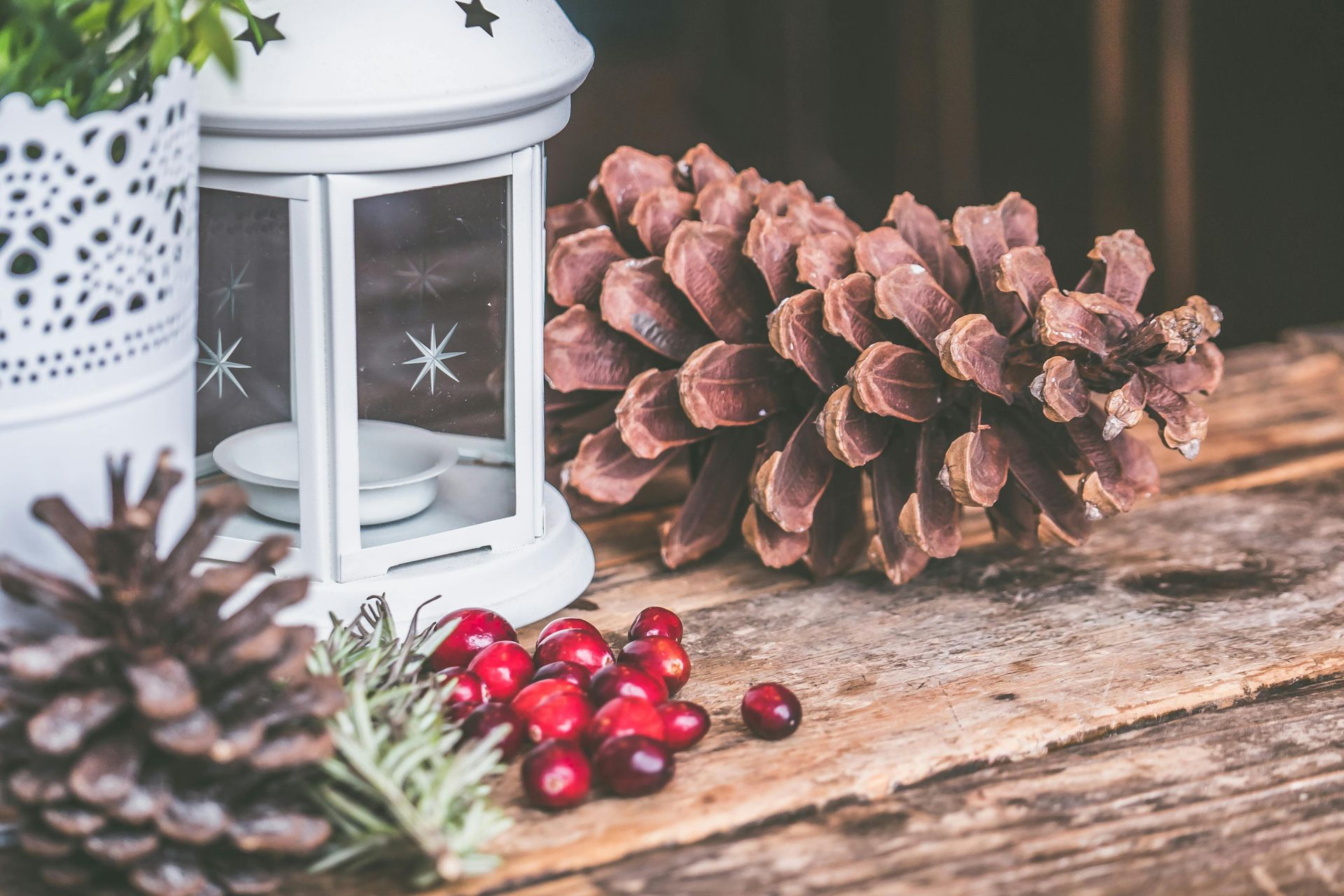Ahimsa: Cultivating Non-Violence as a Seed for Inner Peace
Ahimsa: Cultivating Non-Violence as a Seed for Inner Peace
by DiLynn Stephens - "The Yoga Witch"

Di the Yoga Witch here, and today we're delving into the profound principle of Ahimsa, often translated as non-violence. But Ahimsa is so much more than simply refraining from physical harm. It's a deeply transformative practice that extends to our thoughts, words, and actions, encompassing mental and emotional non-violence towards ourselves and others. It's a seed we cultivate within, blossoming into inner peace and a foundation for profound personal growth.
Ahimsa, as one of the Yamas in Patanjali's Yoga Sutras, is a cornerstone of ethical living. It's not just about avoiding physical violence; it's about cultivating a mindset of compassion, kindness, and understanding. It's about recognizing the interconnectedness of all beings and treating ourselves and others with respect and reverence.
Think about it: how often do we engage in mental or emotional violence, either towards ourselves or others? We criticize ourselves harshly, judge others' actions, hold onto resentment, or engage in negative self-talk. These subtle forms of violence erode our inner peace and create barriers to personal growth.
Practicing Ahimsa is about becoming aware of these subtle acts of violence and consciously choosing a different path. It's about cultivating loving-kindness and compassion, not just for others, but also for ourselves. It's about recognizing that we are all on a journey, all imperfect, and all deserving of kindness.
When we practice Ahimsa, we create a fertile ground for personal growth. When we are at peace within ourselves, we are better able to navigate challenges, make wise decisions, and connect with our true selves. Ahimsa allows us to cultivate self-acceptance, release judgment, and open our hearts to the transformative power of love.
Here are some practical tips for cultivating compassion and kindness, both inwards and outwards:
Practice Mindfulness: Become aware of your thoughts and emotions. Are they kind and compassionate, or are they critical and judgmental? Mindfulness is the first step towards changing our patterns of thinking.
Cultivate Self-Compassion: Treat yourself with the same kindness and understanding that you would offer a dear friend. Acknowledge your imperfections and forgive yourself for your mistakes.
Practice Loving-Kindness Meditation: This meditation involves directing feelings of love and kindness towards yourself, then towards others, and eventually towards all beings. It's a powerful way to cultivate compassion and break down the barriers of separation.
Engage in Acts of Kindness: Perform small acts of kindness for others, whether it's offering a helping hand, listening with an open heart, or simply offering a smile. These acts not only benefit others but also cultivate feelings of compassion within ourselves.
Practice Forgiveness: Holding onto resentment and anger only hurts ourselves. Forgiveness, both of ourselves and others, is a powerful act of non-violence that frees us from the burden of negativity.
Speak Kindly: Be mindful of your words. Avoid gossip, criticism, and harsh language. Speak with kindness and compassion, even when you disagree with someone.
Set Healthy Boundaries: Practicing Ahimsa doesn't mean allowing others to mistreat you. It's important to set healthy boundaries and protect yourself from harm. This is also an act of self-compassion.
Ahimsa is not a destination; it's a journey. It's a practice that requires constant awareness, intention, and effort. But the rewards are immeasurable – inner peace, self-acceptance, and a deep connection to the interconnectedness of all life.










